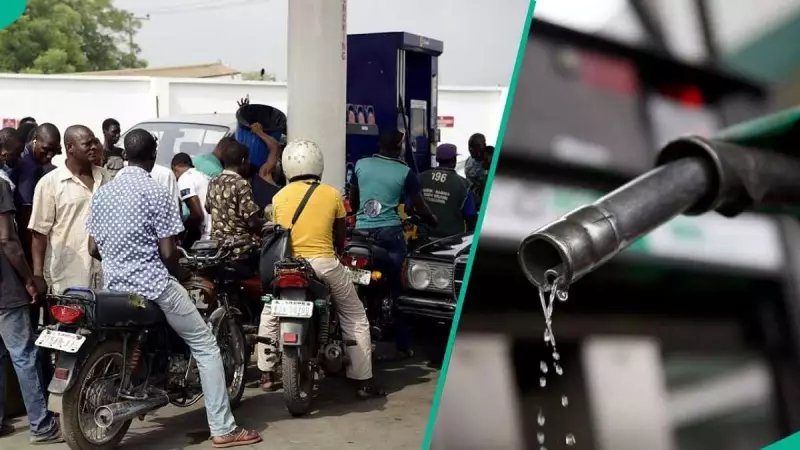
Nigerians are grappling with yet another financial burden as petrol prices have surged dramatically across filling stations nationwide. Motorists and businesses now face an additional charge of ₦200 per litre on top of existing pump prices, creating widespread economic distress.
Worsening Fuel Crisis Hits Hard
The sudden price increase comes amid ongoing fuel shortages that have plagued the country for weeks. Long queues have become a common sight at filling stations, with frustrated motorists spending hours waiting for the precious commodity. Many stations have taken advantage of the scarcity situation to implement arbitrary price hikes.
Economic Impact on Everyday Nigerians
The ripple effects of this price surge are devastating for ordinary citizens:
- Transportation costs have skyrocketed, affecting commuters and businesses alike
- Food prices are expected to rise further due to increased transportation expenses
- Small businesses relying on generators face operational challenges
- Household budgets are being stretched beyond limits
Regional Variations in Pricing
Reports from across the country indicate that the price increases are not uniform. Some regions are experiencing more severe hikes than others, with filling stations in urban centers like Lagos and Abuja leading the upward trend. The lack of price consistency has created confusion and frustration among consumers.
Government Response and Public Outcry
Despite public complaints and growing anger, regulatory authorities have struggled to enforce price controls. The Nigerian National Petroleum Corporation (NNPC) has yet to issue an official statement addressing the latest developments, leaving citizens in a state of uncertainty about when relief might come.
The situation remains fluid, with many Nigerians hoping for immediate government intervention to stabilize the petroleum market and provide much-needed relief to the suffering population.





